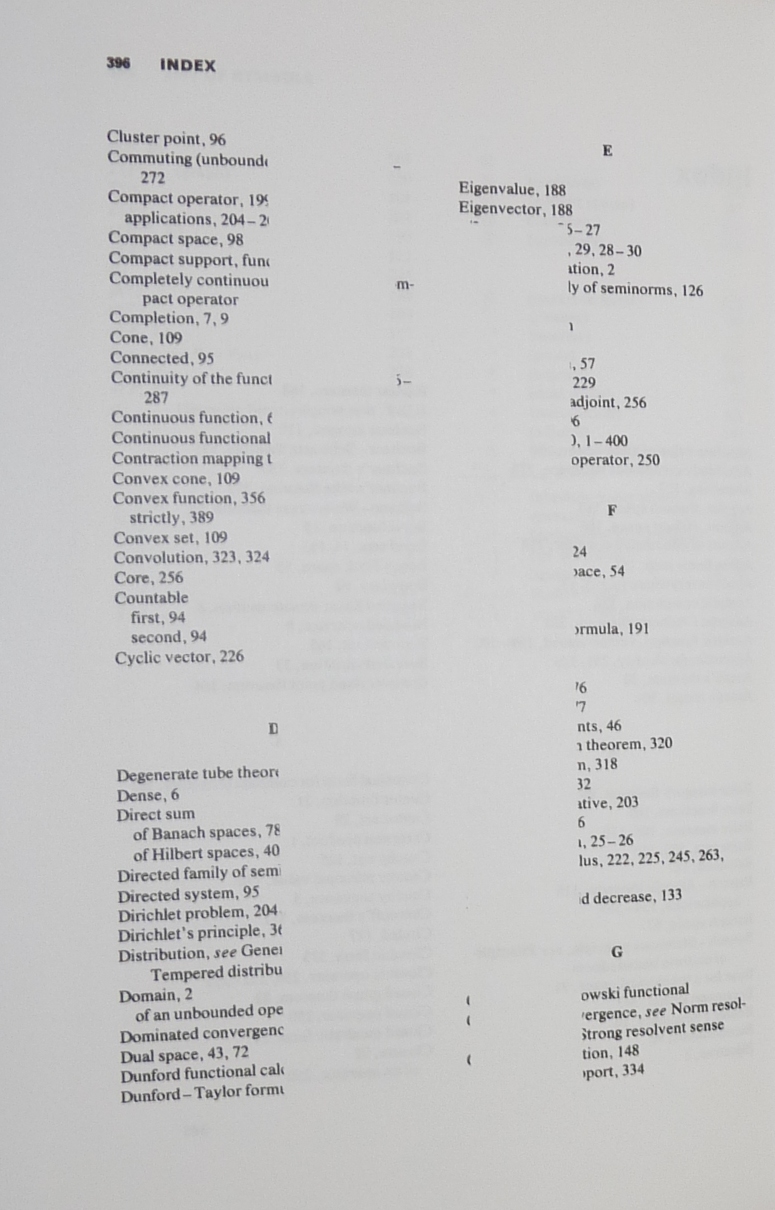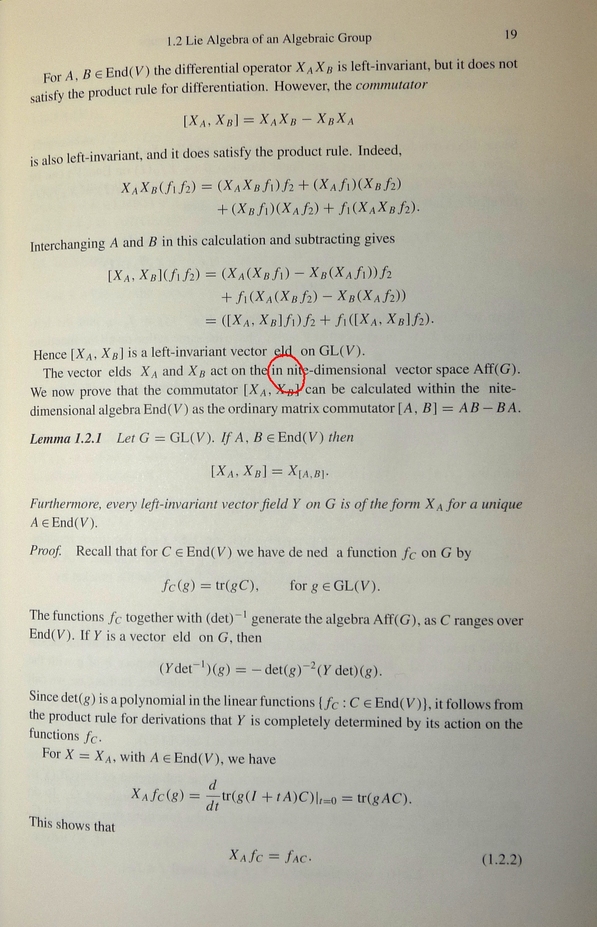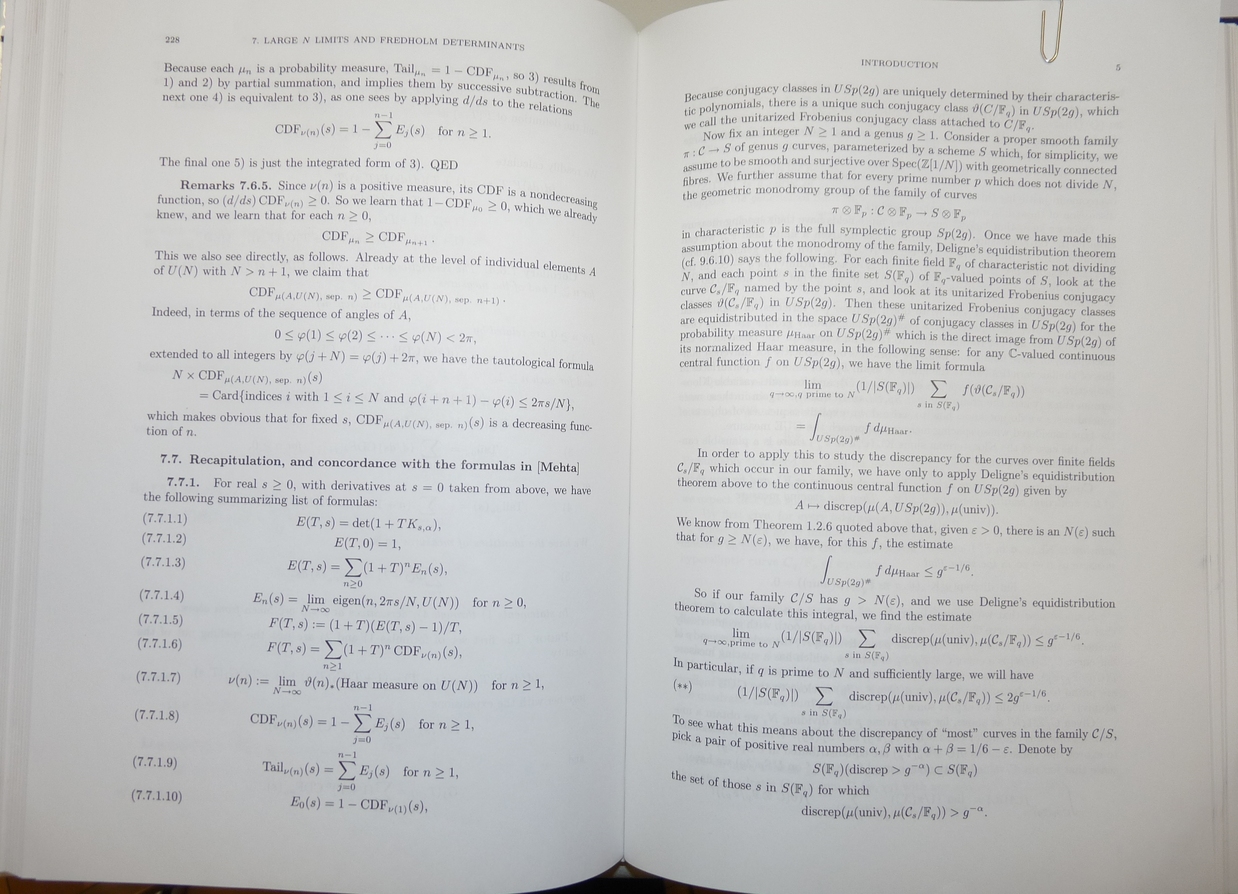Since finishing Max Jammer’s book on the history of Quantum Mechanics, I’ve read a few more (and more popular) books, articles or reviews about the same general subject. One very striking thing — very obvious because of the outstanding level of the earlier book — was that none of the other texts gave any kind of feeling for the fact that the foundational work (until the middle 30’s at least) was very much a German-speaking affair. A few other languages are represented (de Broglie and the Curies in French, Dirac in English, Bohr at least partly in Danish), but their numbers are dwarfed by those of the German-speaking masters (Planck, Sommerfeld, Born, Einstein, Pauli, Schrödinger, Jordan, Heisenberg, etc). One anecdote emphasizes this clearly: the Indian physicist S. N. Bose sent a crucial paper in the form of a letter to Einstein (presumably in English), asking him if he could arrange for a German translation to be made and for its publication (Einstein did the translation himself).
Jammer gives most of the important quotations (and the crucial words in others) in the original language, with a translation. The other texts I’ve read, even if they briefly mention the original language, give only English translations of older quotes, with rarely a word of German appearing. (Of course, there is a lot of later literature which was first written in English). For most of the quotations, it seems there is no “official” translation, so it’s hard to judge their correctness.
For instance, it seems every source gives a slightly different version of the so-called “God doesn’t play dice” citation. The German original (in a letter from Einstein to Max Born in 1926; Born had been the first to give the standard interpretation of the modulus square of the “wave function” as giving the probability density of finding a quantum particle at a given point) is the following:
Die Quantenmechanik ist sehr Achtung gebietend. Aber eine innere Stimme sagt mir, dass das noch nicht der wahre Jakob ist. Die Theorie liefert viel, aber dem Geheimnis des Alten bringt sie uns kaum näher. Jedenfalls bin ich überzeugt, dass der Alte nicht würfelt.
which translates fairly literally (the best I can do…) as
Quantum mechanics is very imposing. But an inner voice tells me, that this is not yet the real McCoy. The theory provides a lot, but it brings us little closer to the secrets of the Old Man. At least I am certain, that the Old Man doesn’t play dice.
What is mostly missing from most of the translations I’ve seen is the informality and playfulness of the language. There’s wahre Jakob, which seems really equivalent to the real McCoy. And of course there is der Alte — I have no idea what would be a colloquially equivalent word in English; I can’t say at all whether it really refers to a deity or not (and if yes, at what level of formality). And I also wonder if there isn’t some slight difference of emphasis or subtlety of meaning in the verb würfeln, which contains in a single word the meaning to to play dice (jouer au dé). [Interestingly, it seems that würfeln also means to dice in the cooking-sense of cutting in dices.]


